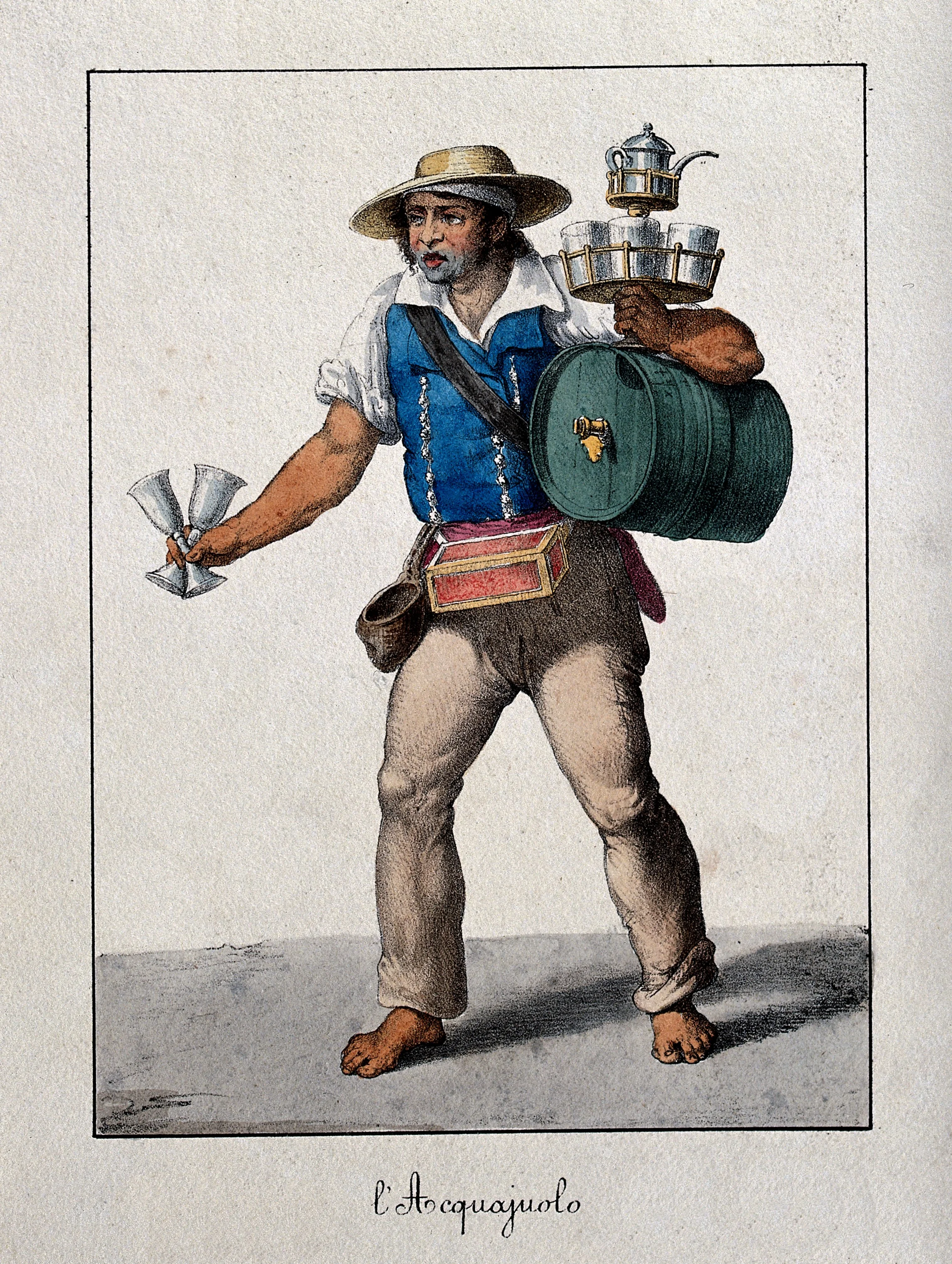Water carriers and the false divinity of progress
“You see I’m stuck in a city, but I belong in a field,” — Heart in a cage, The Strokes
***
I focus in my new novel, Populace, on technology and disruption — two siblings that, for better or worse, changes people’s lives and society as a whole.
This got me thinking about historical jobs over the years that have become obsolete.
Perhaps you’ve heard of the idiom carrying someone’s water. To carry someone’s water is to help them, often with a menial task.
After using the idiom recently, I decided to look it up, and much to my surprise, a water carrier was an honest-to-goodness profession at one time. Back in ancient times, water carriers would take the fluid from its source to a village or city, delivering it door-to-door, much in the way of milkmen in the 1950s. One wonders if there were allegations of infidelity, if a water carrier was the Don Juan of their day. Alas, those stories can only be imagined.
The water carrier was disrupted by one of the simplest inventions — a pipe. Perhaps one of the first professions to be disrupted, the water carrier has become like the dodo in much of the modern world. (It’s probably worth noting that in some areas of Africa, there is often still a long trek to get water — my understanding is that villages position themselves far from water, especially still water, with the hopes of preventing malaria outbreaks.)
Unquestionably, there were talented water carriers who could have mastered calculus and built rocket ships, if only they didn’t spend their days lugging around sacks of water. And the pipe’s invention, no doubt, accelerated human progress by freeing such intellectual capital to focus on more interesting problems, like making beer, for example. But let’s not forget the first pipes, in Rome at least, were lead. It doesn’t take much imagination to consider how stunted the intellectual capacity of the great empire could be, drinking leaded water by the gallon.
Often our inventions have vast and unintended consequences, which take generations to recover from. Let us keep the water carrier in mind when we pronounce the panacea of progress.
Need more examples? Turn to the printing press, which allowed the mass production of indulgences and led to the Hundred Years’ War. How about the any number of agricultural improvements made at the turn of the century, which filled cities like London with economic refugees and made them almost unlivable. Sure, we got a lot of great Dickens’ novels from this, but we also got spikes in gin production (and gin drinking) to ease the misery of daily life.
I have no doubt about the duality of man. We’ll find a way to invent ourselves out of our own tragedy, then we’ll worship it until its flaws overcome us and we have to rely on new genius to overcome them again.
“But it’s alright, ma, I’m only crying,” — It’s alright, ma (I’m only bleeding), Bob Dylan
